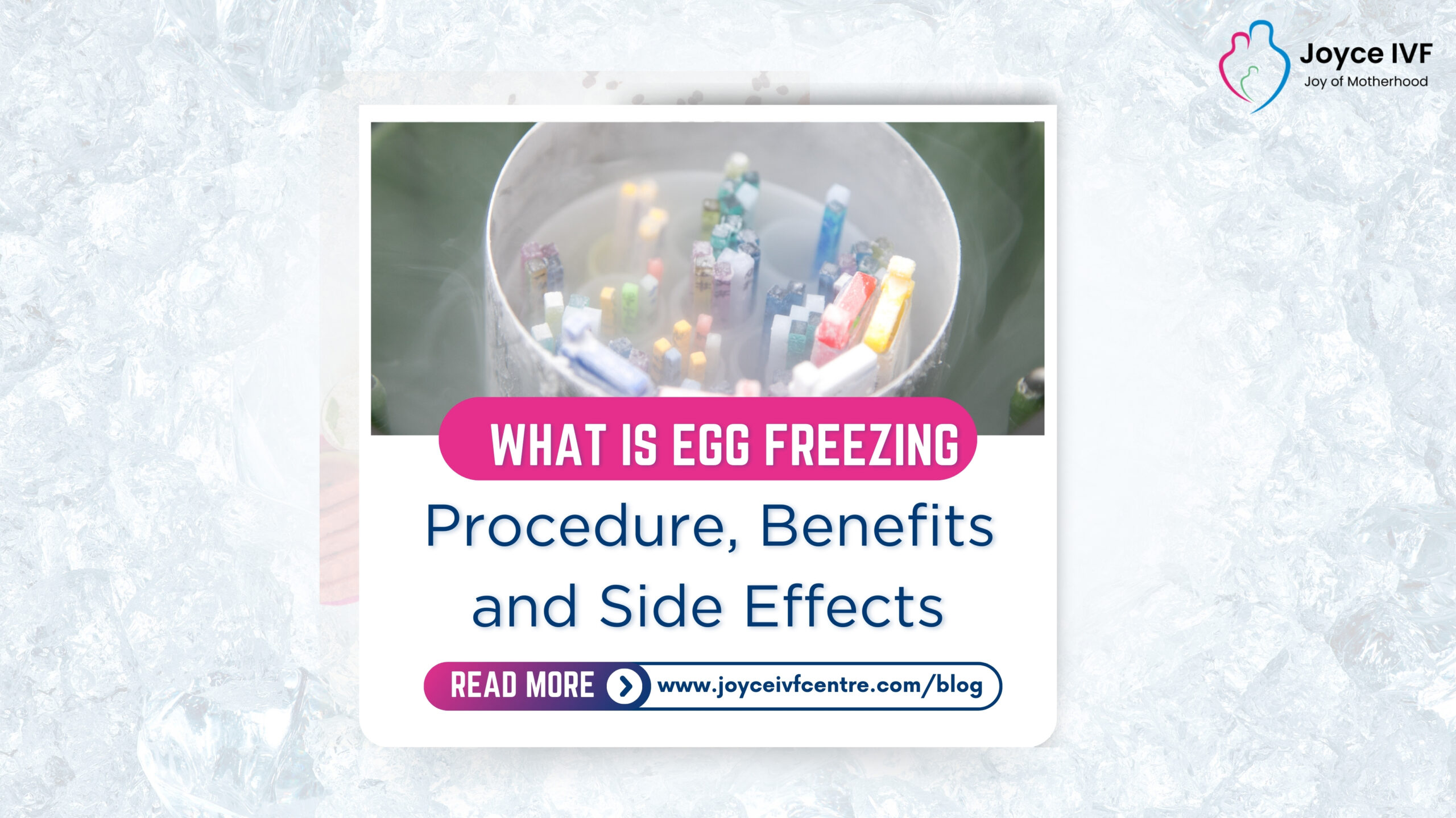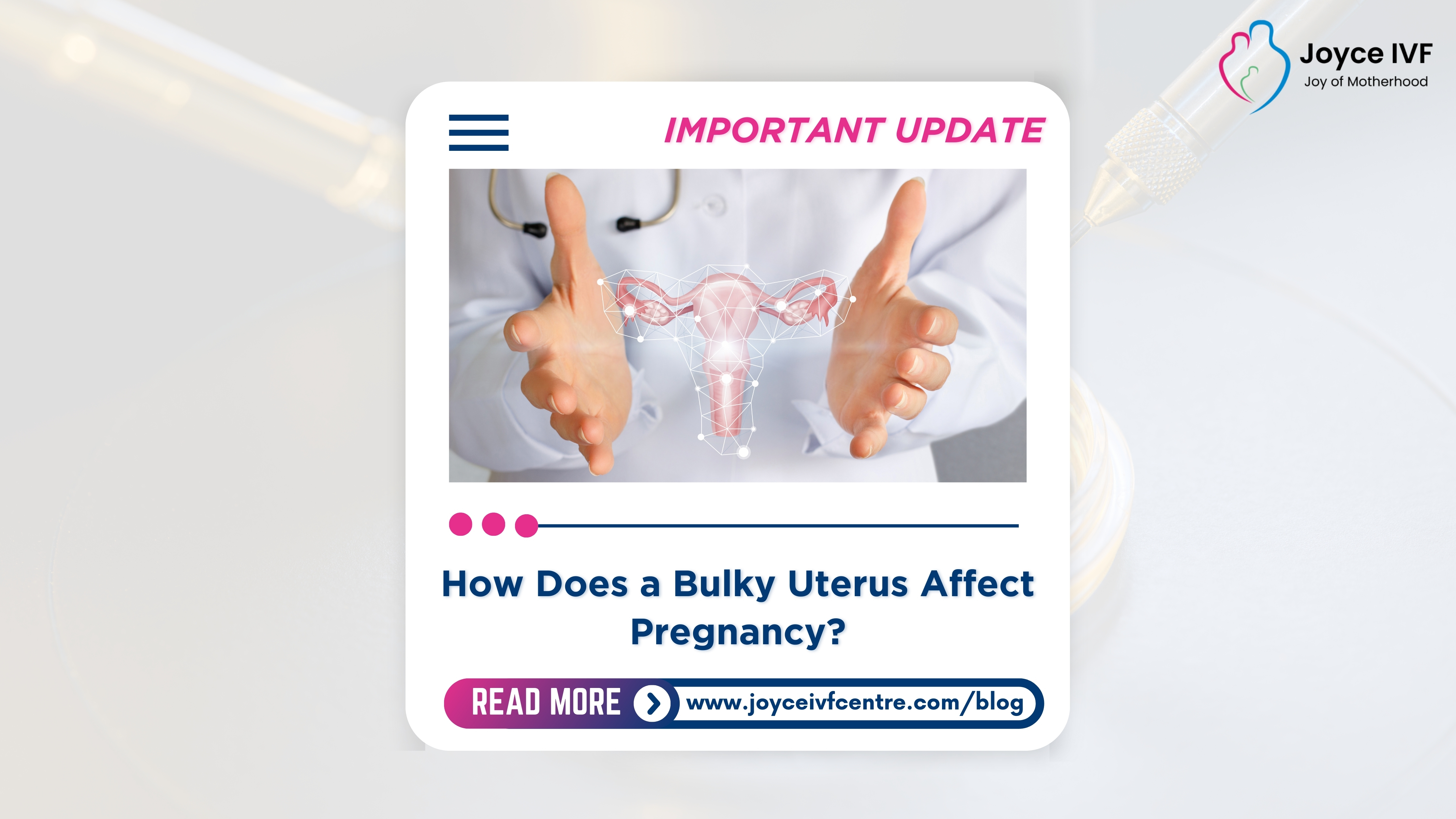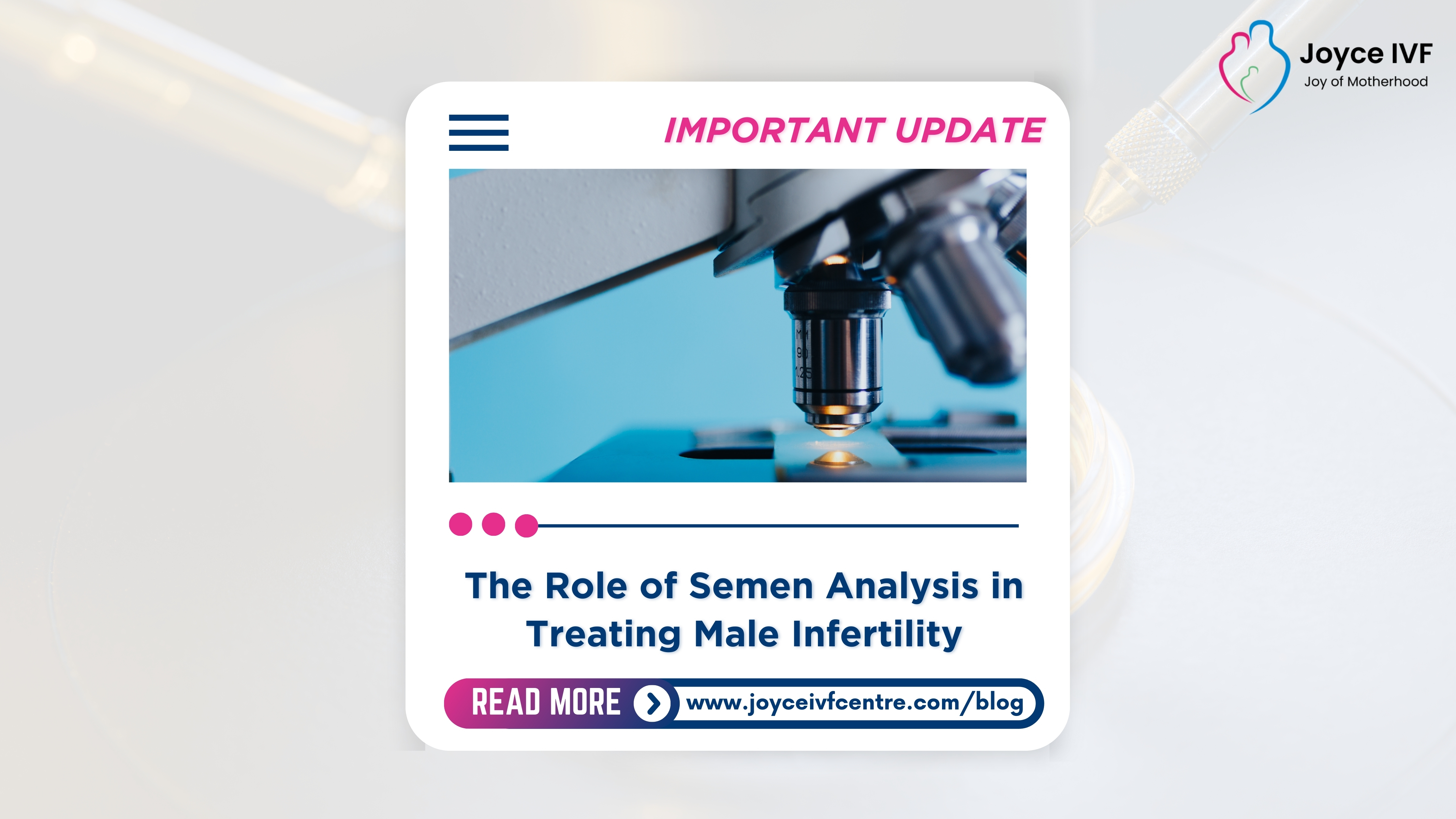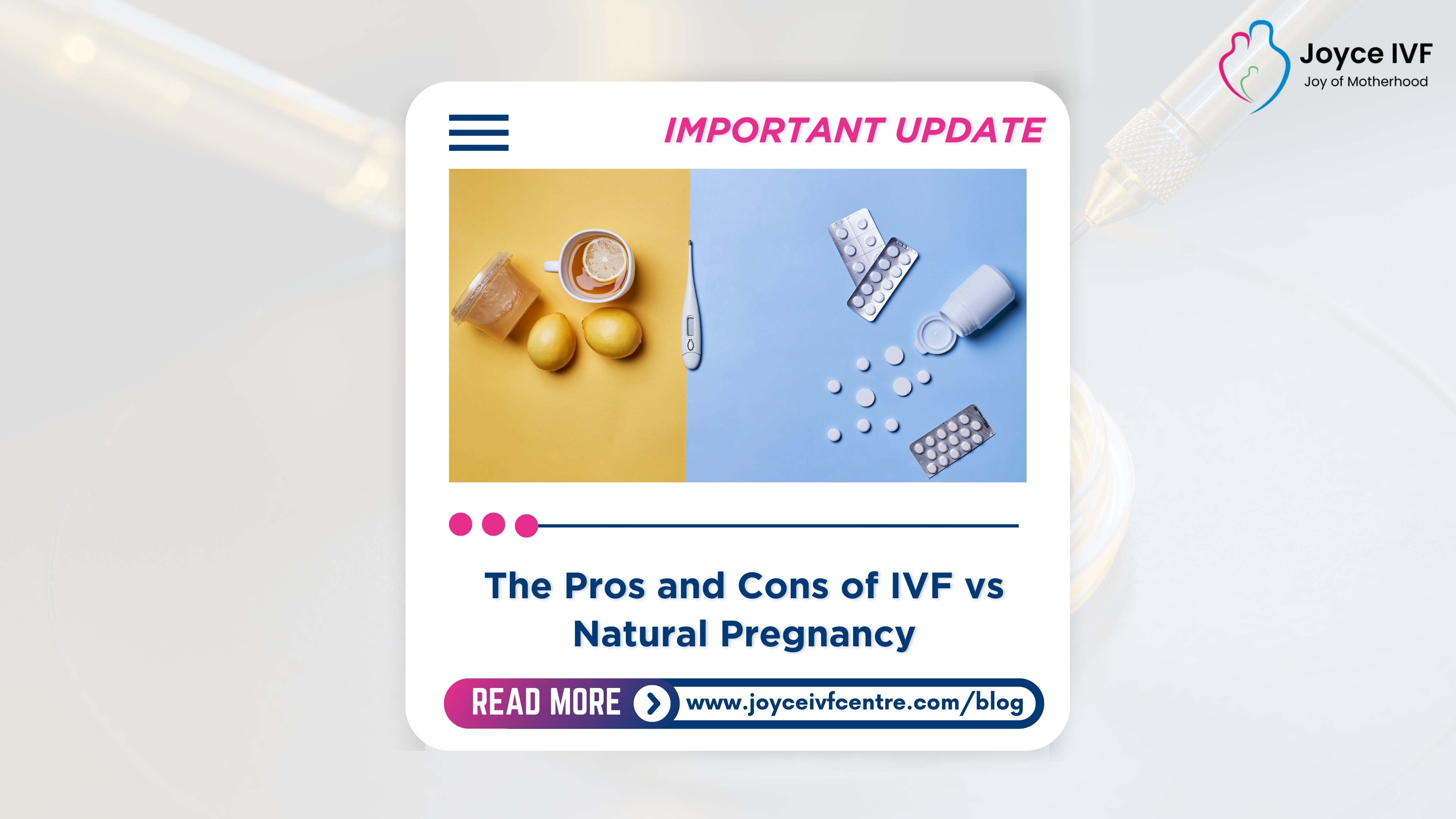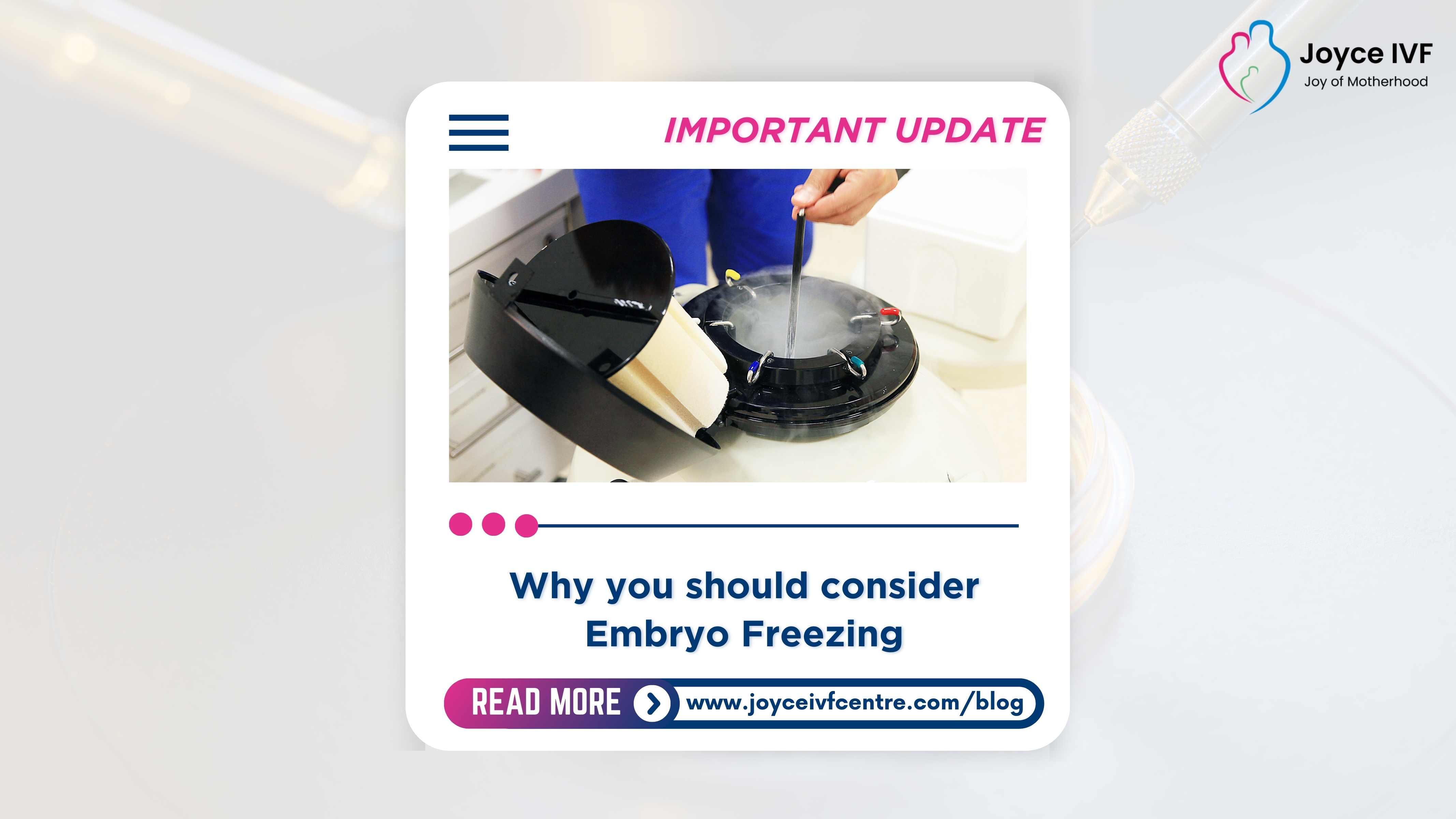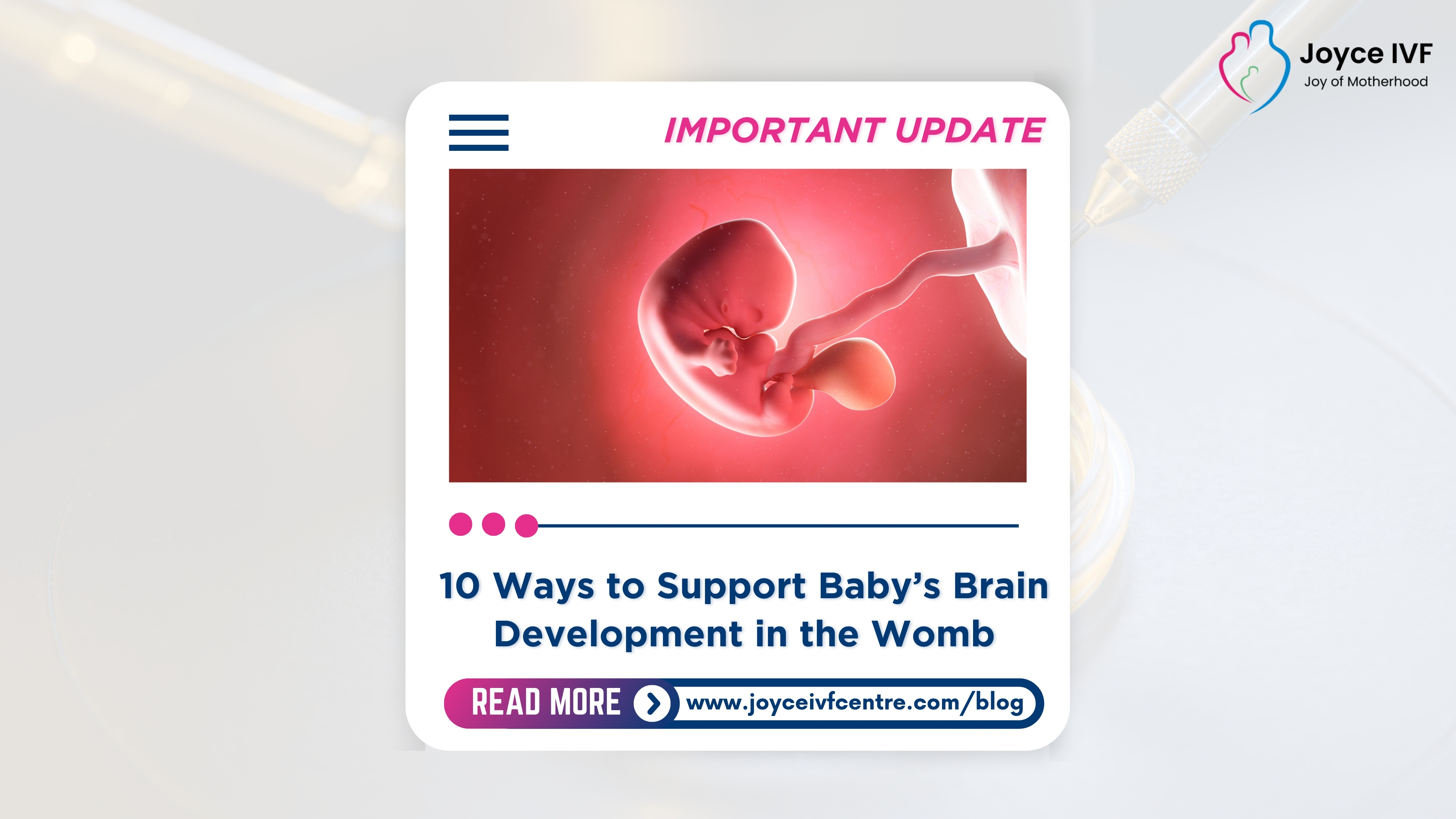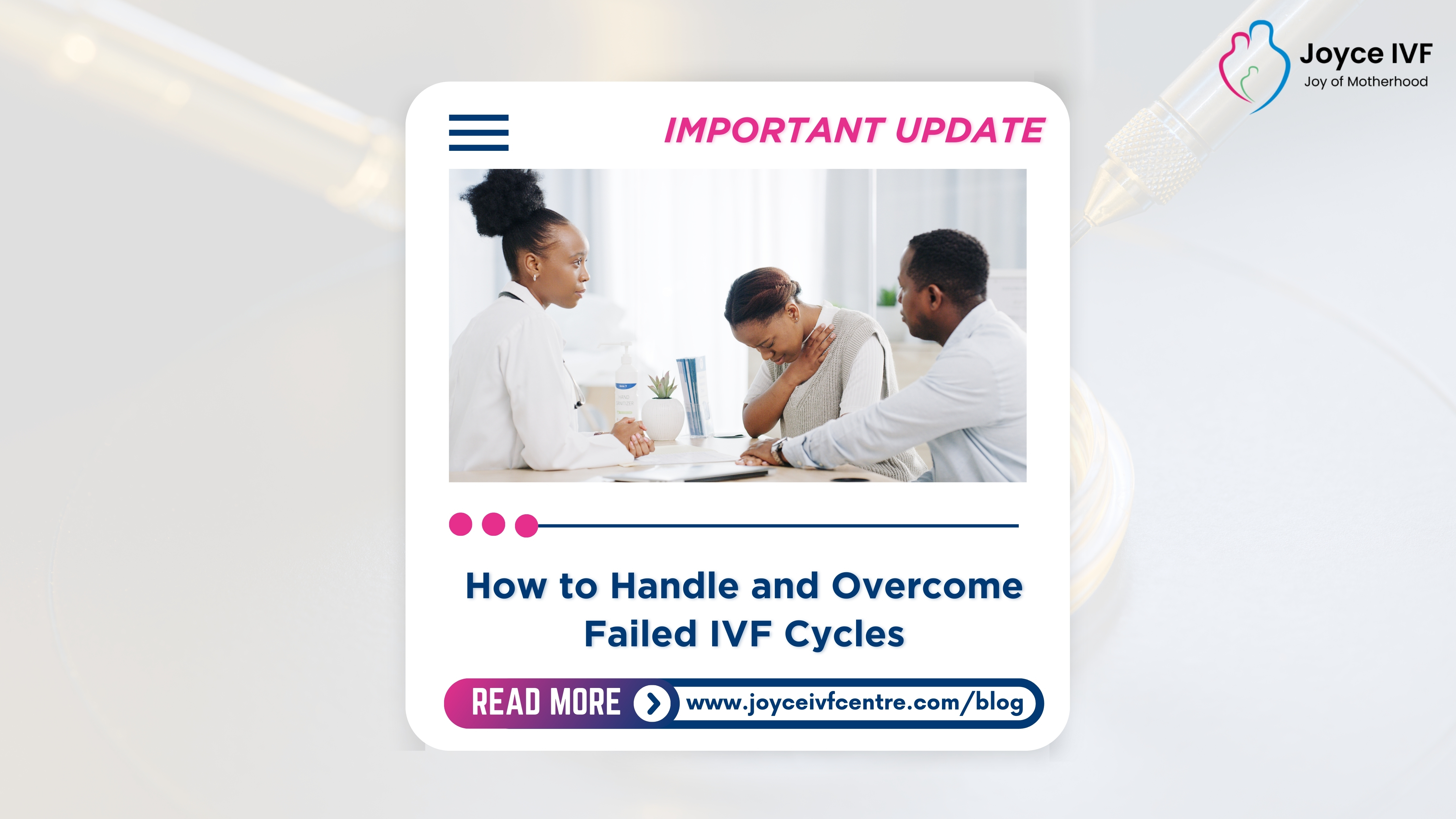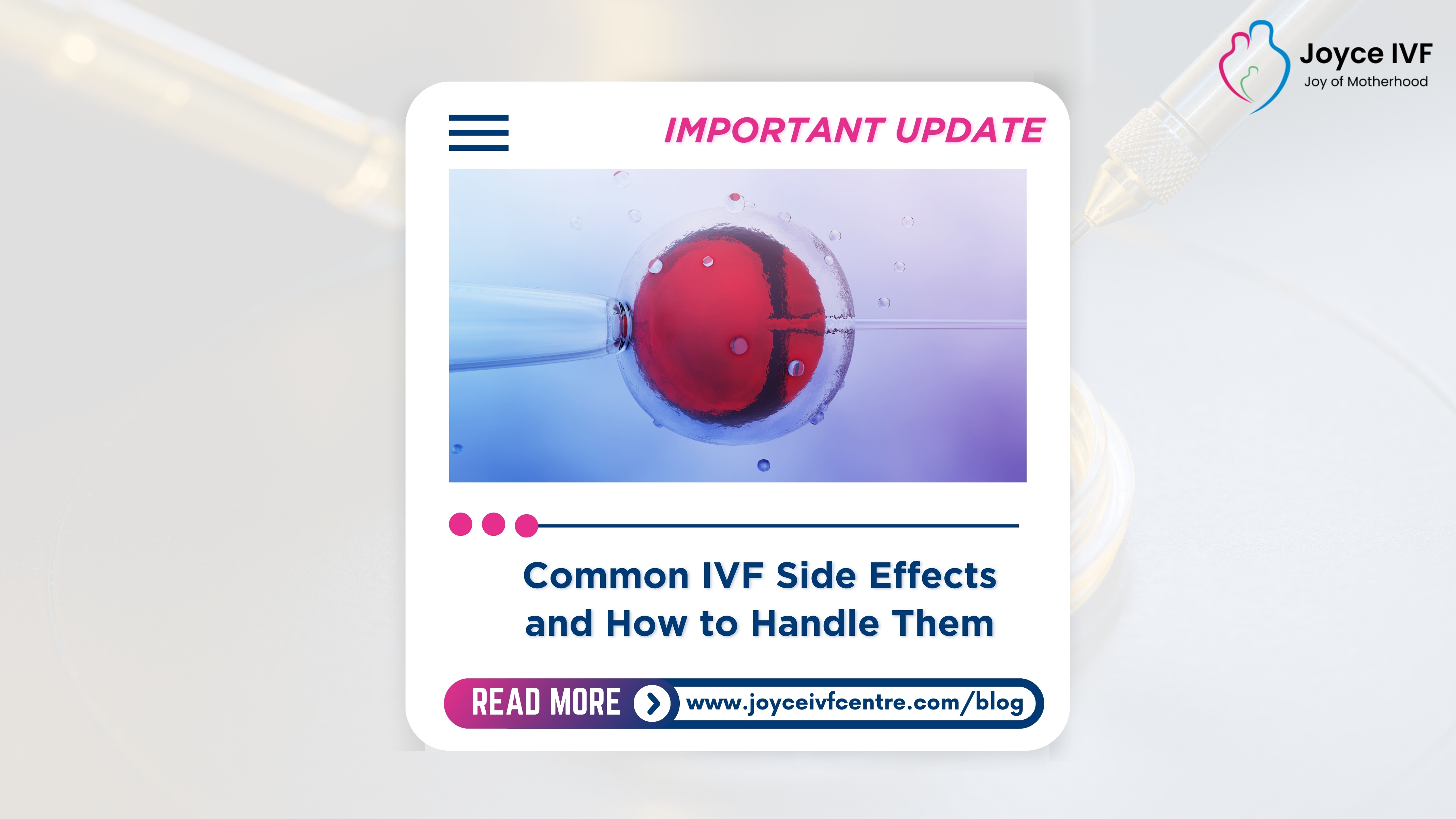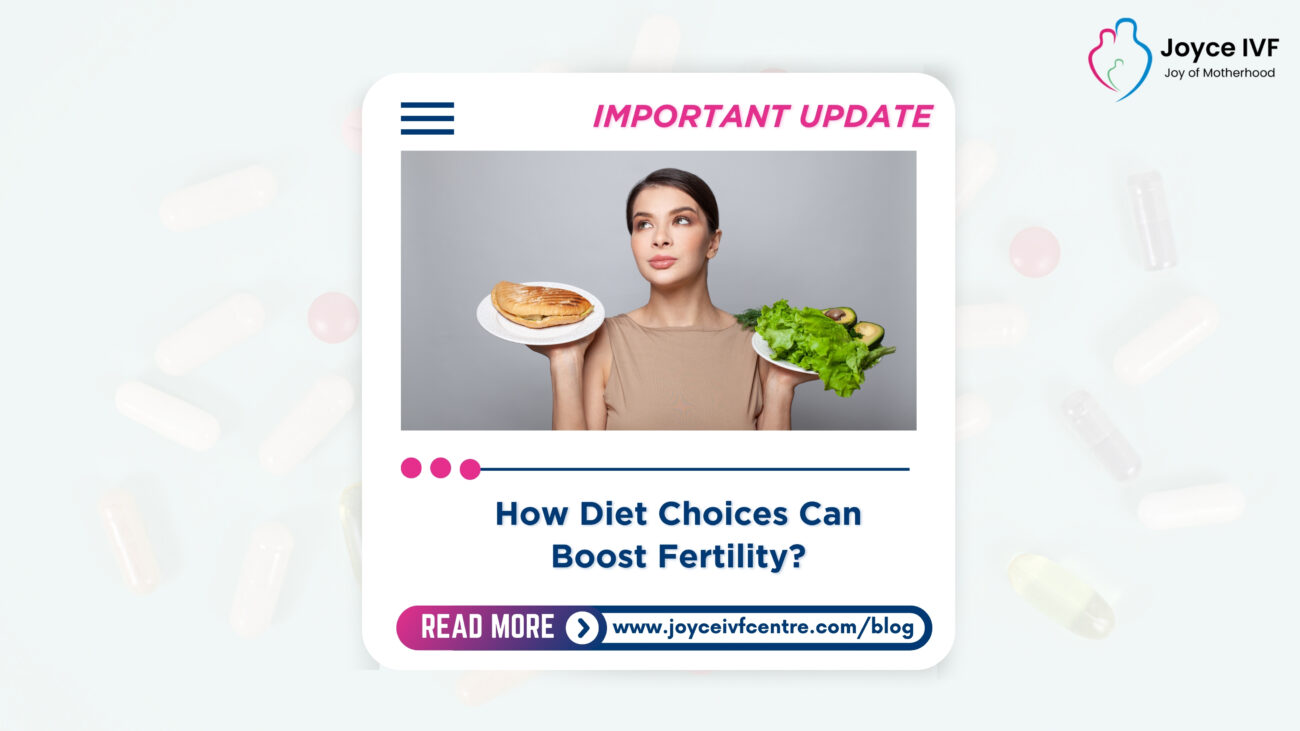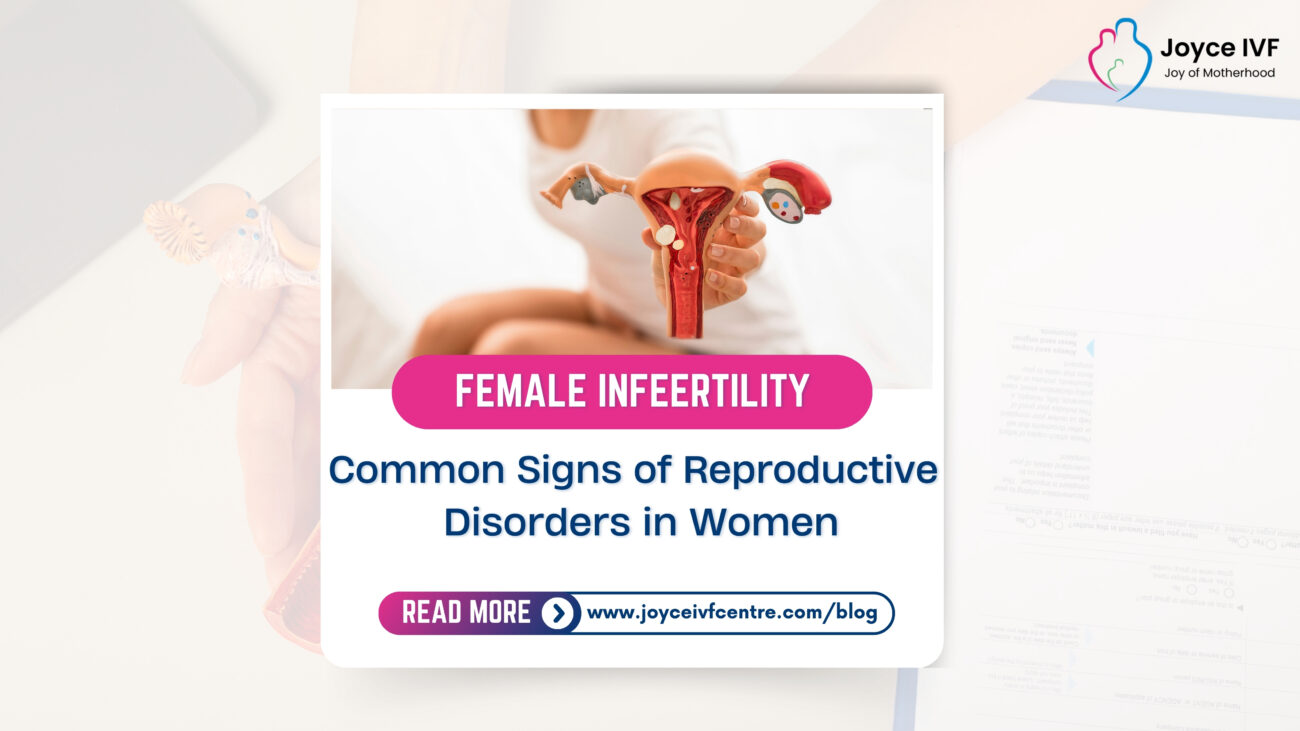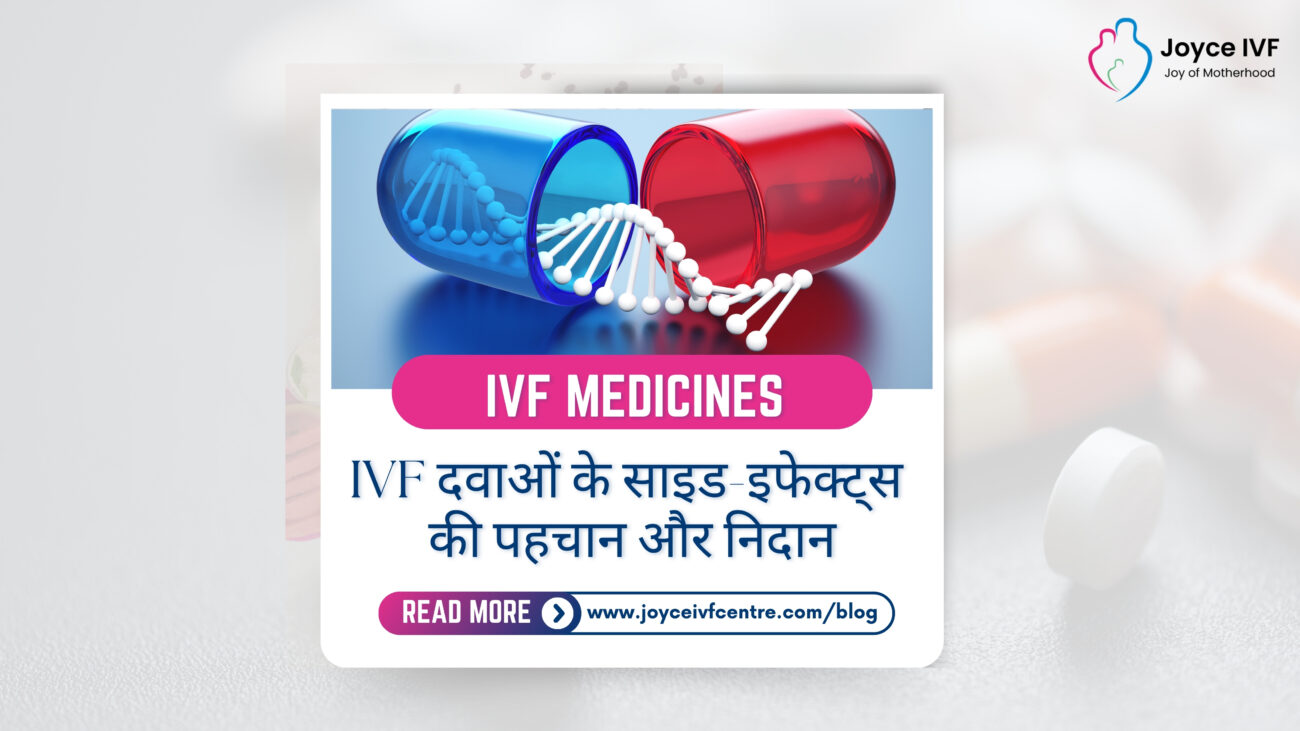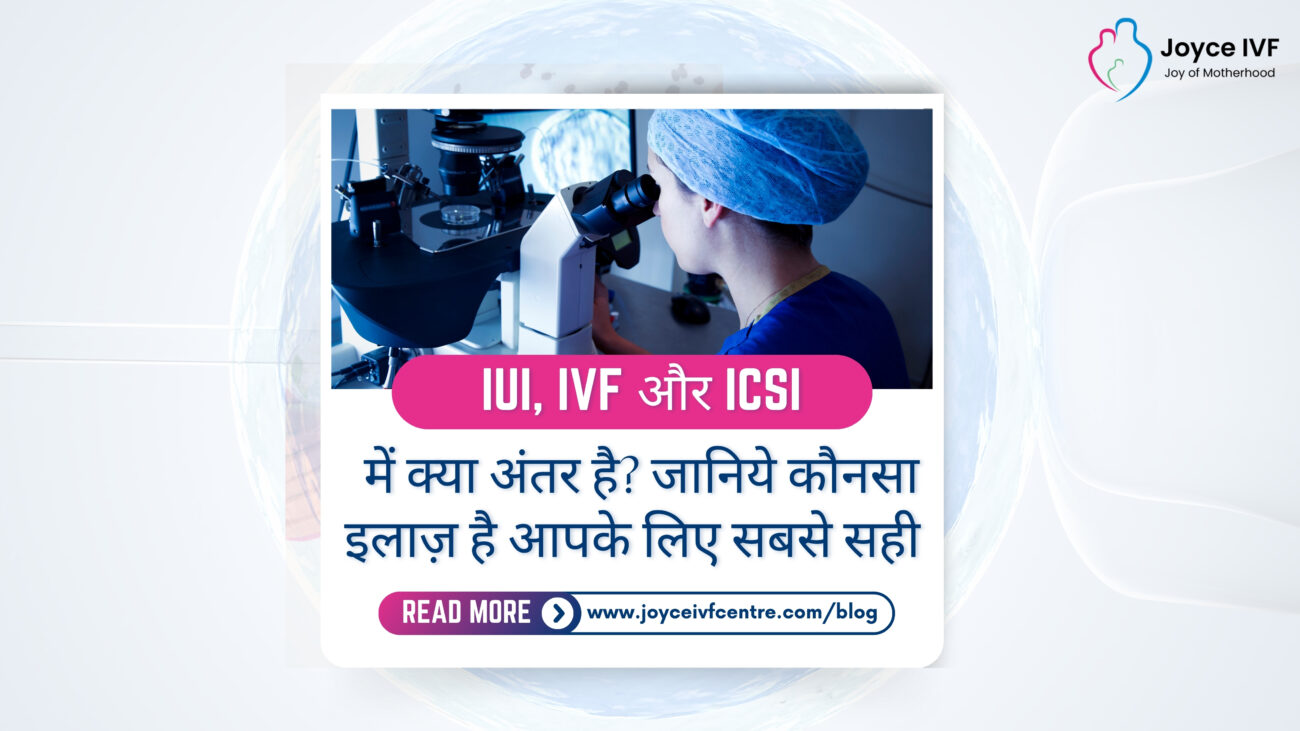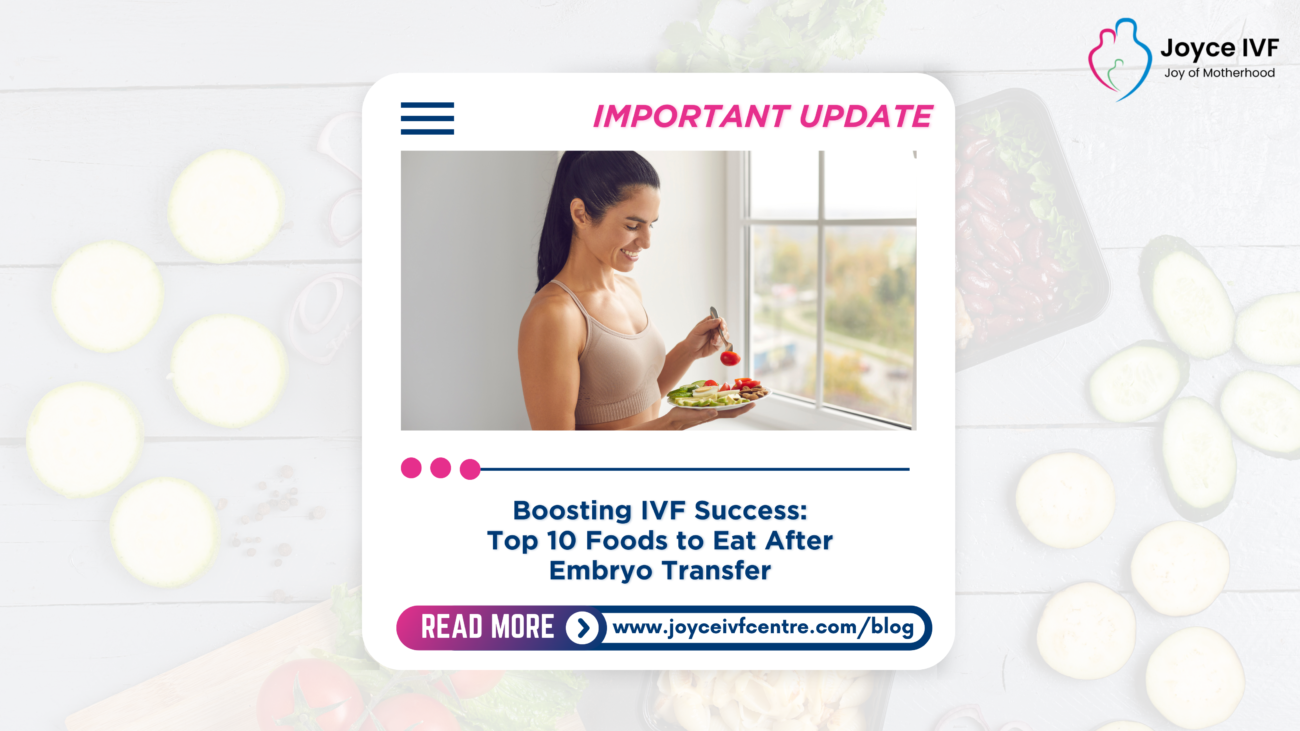Are you considering egg freezing but not sure where to start? In this article, we will delve into the freezing eggs in Delhi process, its benefits, and potential side effects.
Understanding Egg Freezing
Egg freezing, also known as oocyte cryopreservation, is a method used to preserve a woman’s eggs for future use. This process involves stimulating the ovaries with hormones to produce multiple eggs, which are then extracted, frozen, and stored for later use.
The Egg Freezing Procedure
- Consultation: The process begins with a consultation with a fertility specialist to assess your medical history and discuss the procedure in detail.
- Ovarian Stimulation: You will be prescribed medication to stimulate egg production in the ovaries.
- Monitoring: Throughout the stimulation phase, regular monitoring through blood tests and ultrasound scans will be conducted to track the growth of follicles.
- Egg Retrieval: Once the eggs have matured, they are retrieved using a minimally invasive procedure called transvaginal ultrasound aspiration.
- Freezing: The retrieved eggs are then carefully frozen using a technique called vitrification, which preserves their viability during storage.
- Storage: The frozen eggs are stored in a cryogenic facility until you are ready to use them.
Benefits of Egg Freezing
- Preserving Fertility: Egg freezing offers women the opportunity to preserve their fertility for various reasons, such as career advancement, medical conditions, or personal choice.
- Delaying Parenthood: With egg freezing, women can delay parenthood until they are ready, without worrying about age-related decline in fertility.
- Empowerment: Egg freezing gives women the freedom to take control of their reproductive health and future family planning.
Are There Any Side Effects?
Like any medical procedure, egg freezing comes with potential side effects, including:
- Ovarian Hyperstimulation Syndrome: In rare cases, the use of fertility medications can lead to ovarian hyperstimulation syndrome, causing abdominal pain, bloating, and nausea.
- Emotional Impact: The process of egg freezing can be emotionally challenging for some women, as it involves a significant investment of time, money, and physical discomfort.
In Conclusion
Egg freezing is a valuable option for women looking to preserve their fertility and delay parenthood. By understanding the process, benefits, and potential side effects, you can make an informed decision about whether egg freezing is right for you.
Also Read: To know more about embryo freezing click on the link.
FAQ
What is egg freezing?
Egg freezing, also known as oocyte cryopreservation, is a process in which a woman’s eggs are retrieved, frozen, and stored for future use. This technology allows women to preserve their fertility by storing eggs until they are ready to start a family.
Who can benefit from egg freezing?
Egg freezing can benefit women who want to preserve their fertility for various reasons, such as medical conditions that may affect fertility, age-related fertility decline, or personal circumstances that prevent them from starting a family at the present time.
How is the egg freezing process done?
The egg freezing process typically involves several steps. First, the woman undergoes ovarian stimulation to produce multiple eggs. These eggs are then retrieved through a minor surgical procedure and frozen using a process called vitrification. The frozen eggs are stored until the woman is ready to use them.
Is egg freezing safe?
Egg freezing is considered a safe and effective procedure, with minimal risks. However, as with any medical procedure, there are potential risks and side effects, such as ovarian hyperstimulation syndrome (OHSS) and potential complications during egg retrieval. It is important to discuss these risks with your healthcare provider before proceeding with egg freezing.
How long can eggs be safely stored?
Eggs can be safely stored for many years, with no known expiry date for frozen eggs. However, it is important to check the regulations of the egg freezing facility where you are storing your eggs, as storage policies may vary.
What are the success rates of using frozen eggs?
The success rates of using frozen eggs vary depending on various factors, such as the woman’s age at the time of egg freezing, the number of eggs retrieved and frozen, and the quality of the eggs. Generally, younger women have higher success rates with frozen eggs.
What are the costs associated with egg freezing?
The costs of egg freezing can vary depending on the clinic, location, and individual circumstances. In general, egg freezing can be a significant financial investment, as it typically involves multiple steps and storage fees. It is important to discuss the costs and potential financing options with your healthcare provider.









